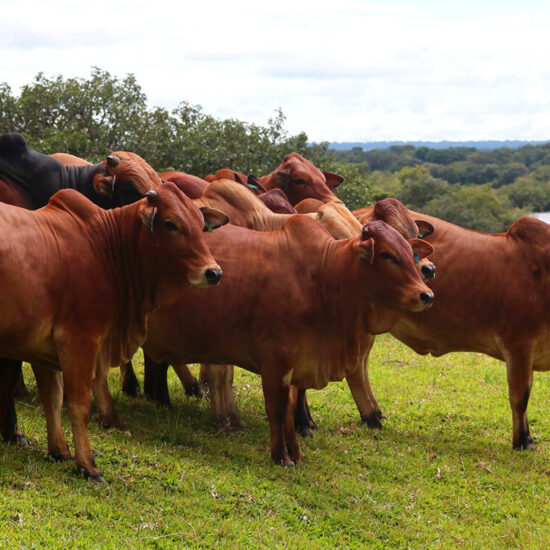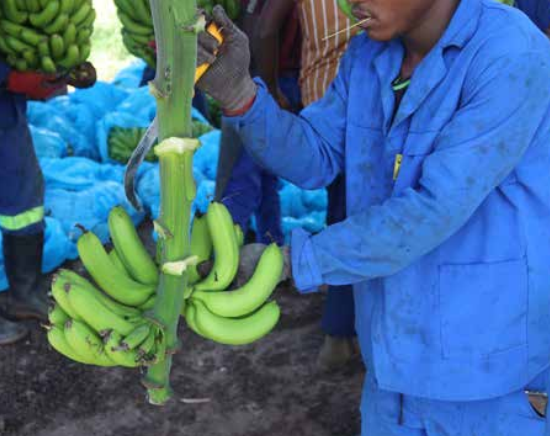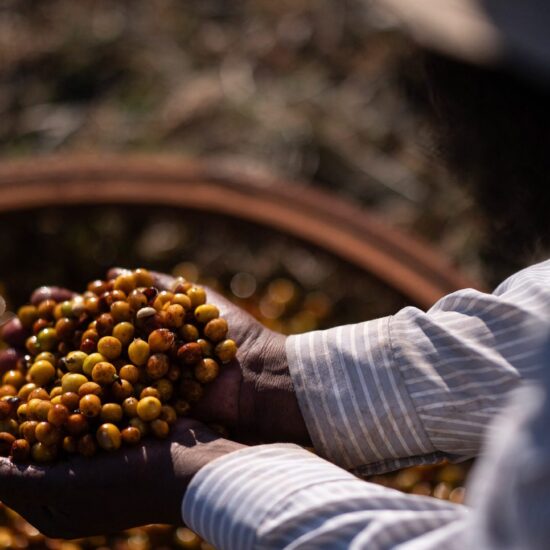
The National Union for Small Scale Farmers in Zambia-NUSFAZ says government’s decision to give inputs directly to farmers under the Farmer Input Support Programme (FISP) will address the exploitation that farmers experience.
Minister of Agriculture Reuben Mtolo announced that government would not give inputs to Cooperative Chairpersons on behalf of the farmers in the 2022/2023 farming season because the Chairpersons end up selling the inputs therefore all registered farmers will receive inputs on their own.
Union Executive Director Ebony Loloji explained that some FISP beneficiaries make the right amount of contribution towards the programme in order to access the required inputs but walk away with fewer inputs due to manipulation from Cooperative Chairpersons.
Speaking in an interview with the Zambian Business Times-ZBT, Loloji said another problem observed is people have been forming cooperatives for the sole purpose of benefitting from inputs, which is wrong because cooperatives are supposed to be formed with a different agenda other than that of benefiting from FISP.
“Earlier, even the Food Reserve Agency was using the cooperatives as their agents but the problem that has been observed is abuse amongst the leaders of cooperatives. For example, a cooperative has 10 beneficiaries, the Chairperson of that particular cooperative would say for you to benefit through my cooperative you are going to forego one bag of fertilizer, so the Chairperson will have his allocation plus 10 bags from all the 10 members of the cooperative”, he said.
Loloji noted that this would ensure that farmers get the correct amount of inputs that they are supposed to get as opposed to Cooperative leaders abusing the programme adding that the model of using Cooperatives has been around for some time in as far as implementing the Farmer Input Support Programme is concerned but the change is welcome.
“As long as they have collected the data from the farmers, the farmers will simply go to the District Agriculture Coordinator (DACO)’s office, process their papers and go and get the inputs from the warehouse which is simple”, he said.







